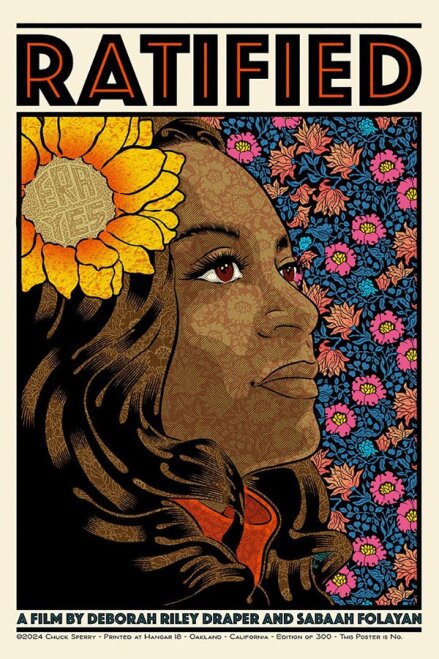The last of a breed and a hero in journalism died earlier this year after a two-year battle with liver cancer. At 72, John Ross had seen more, done more and ruffled more feathers than most journalists could ever hope to in two life times.
The fearless “investigative poet” made a name for himself by being a rebel for peace. From tearing up his draft card in the 1960s to being a human shield in Baghdad in 2003, Ross was not afraid to stand for what he believed in or fight for misrepresented underdogs around the world.
He was never the type of journalist to be seen sitting in the designated media section, under a tent with catered food, fenced off from the rest of the public. Rather, he was the type get the story from the bottom up by mingling with the street sweepers and the homeless.
“He talked to people as an equal, especially the working class, the bottom of the barrel in society, they were his equals,” said long time friend and journalist Norman Stockwell.
With his poetic narration, Ross stood up for the oppressed and called out their oppressors. For the greater good, he disregarded any possible dangers, which lead to brutal beatings and near death encounters.
“He saw his mission as using the tools that he had as a skilled journalist to be able to amplify the voices of these people, to be able to chronicle their stories, and give them a voice to an audience that would not have heard that story before,” Stockwell said.
Ross was not afraid to stir the pot and test his boundaries, not that he admitted he had any to begin with.
Stockwell described Ross as audacious and chuckled lightly as he recounted the time he had gotten Ross press credentials for the 2004 republican convention. George Bush was accepting his republican nomination and the crowd was chanting “four more years.” With a secret service agent only four seats away, Ross responded by chanting “four more wars.”
In addition to his important role in activism, one of the things that set Ross apart from many journalists today was his determination to get to the heart of the issue and the center of the action.
Ross had a saying, one which he tried to instill in the journalism students at Madison Area Technical College last year during his final book tour.
“Ir al lugar de los hechos, go to the place where it happened,” Ross stressed to the future journalists. Reporting today is often done from afar without ever witnessing an actual event first hand or interviewing people on site. He warned students to steer clear of this habit.
Another aspect of his writing that is often lacking in mainstream media reports was his ability to add valuable context to a story.
“It was very important for him to know a place, to know its history, to know how we got to where we are today,” said Stockwell. “He knew where things were coming from and where they were going more than a lot of people.”
Ross had all the makings of a true journalist. The colorful, larger than life character will be missed.

























